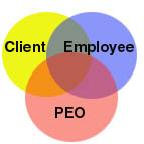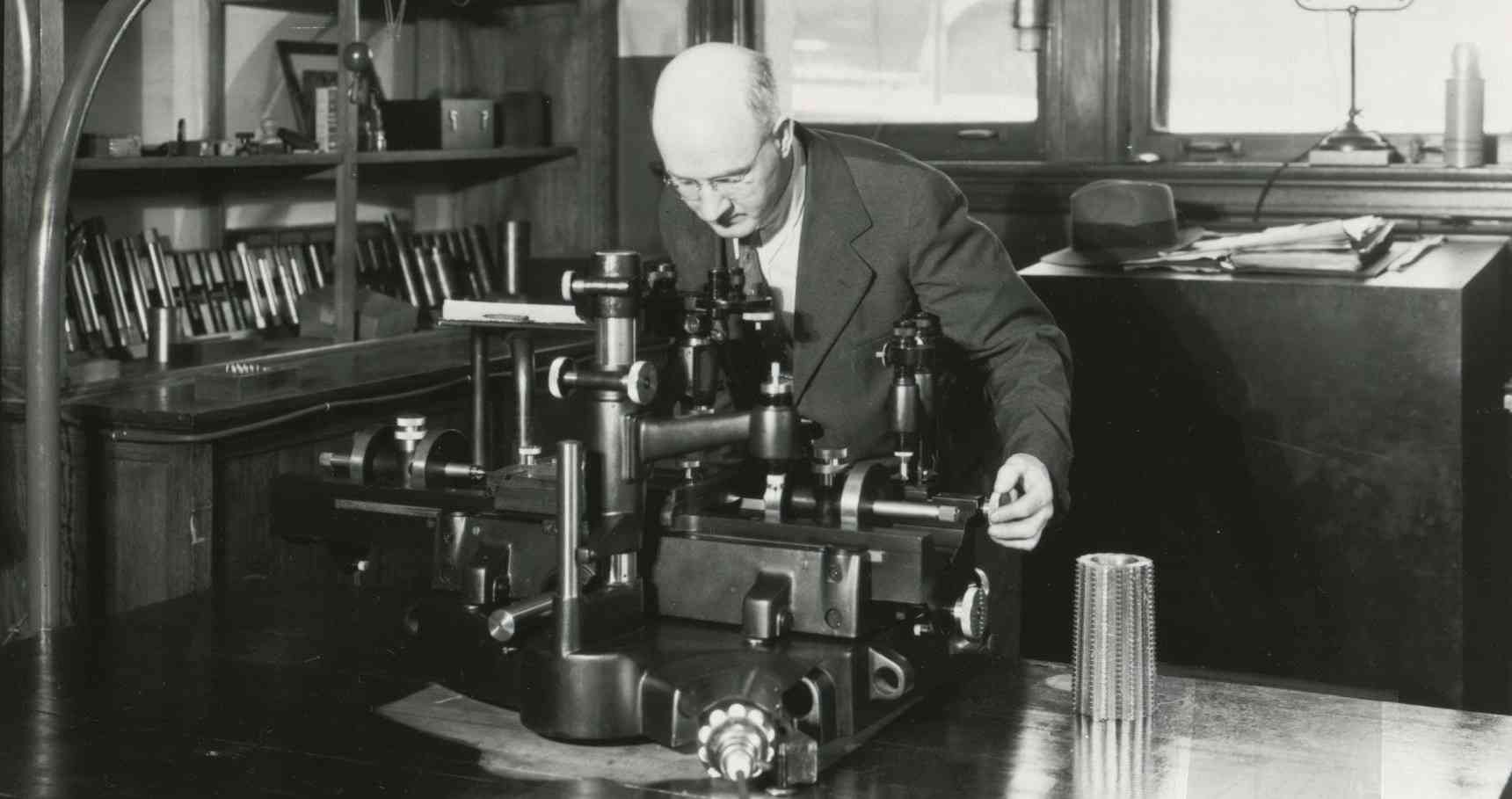Questions and Answers about Professional Employer Organization - PEO companies

A Professional Employer Organization can offer a relationship that works in the best interests of everyone.
How does a PEO arrangement work?
When a company engages a PEO, a co-employment relationship is created between the company, PEO and the workers of the company. The company and the Professional Employer Organization contractually allocate employment responsibilities and liabilities. The Professional Employer Organization assumes responsibility for obligations related to human resources, workers' compensation, payroll, labor law compliance and employment taxes. If the company wants to make employee benefits available to the workers, the PEO will offer the workers health insurance, disability insurance and other expanded benefits under their overall corporate plan.
Why would a company use a PEO?
It's simple. Using a Professional Employer Organization allows business owners and managers to focus on their core competencies... not worrying about the non-revenue related activities of employment. Many businesses don't have the internal expertise, capability or desire to handle regulatory compliance, risk management, payroll, employee benefits administration and other employment related activities.
Is this the same as temporary staffing?
No. PEOs normally do not recruit, train or provide staff to their client companies as do temporary staffing firms. A PEO arrangement usually involves all or most of the employees of the client company in a long-term employment relationship.
In a PEO arrangement, do I lose control of my employees?
No. PEO client companies and the PEO become partners in the co-employment relationship of their workers. The client retains responsibility for the day-to-day management of the workers. Clients maintain all "hire and fire" authority, handle promotions and provide workplace supervision as required.
What responsibilities are generally assumed by the PEO?
PEOs are responsible for maintaining compliance with all regulations regarding the reporting and payment of federal, state and local taxes on wages paid to the workers. The PEO is recognized by the Internal Revenue Service as the "employer of record" for liability for federal income and unemployment taxes and is responsible for these payments. Many states also recognize the PEO as the employer for purposes of providing workers' compensation coverage. In states that require workers' compensation coverage, the PEO is responsible for providing the insurance. The PEO is also responsible for compliance with the broad range of employment laws and regulations including: COBRA, Title VII, ADA, FMLA, HIPPA, Equal Pay Act, and Age Discrimination in Employment Act.
What will employees think?
Workers want the quality health benefits and the opportunities for retirement savings that a PEO can offer. Through a Professional Employer Organization, Fortune 500 quality benefits can now be available to small and medium size businesses.
What other services are offered by a Professional Employer Organization?
Many PEOs have expanded their service offering to include capabilities needed by more sophisticated companies. Offerings may include employee background checking, applicant drug testing, supplemental employee benefits, Employment Practices Liability Insurance, applicant tracking, employee outplacement assistance, etc. These services may be priced individually or offered as part of the overall services plan.
What about PEO billing and accounting?
One of the best features of using a PEO is the single payment made to the Professional Employer Organization. One payment (usually made with each payroll cycle) is all that is required. The client company reports the amounts to be paid to each employee and the PEO does the rest. Many PEOs offer the ability to report detailed labor related costs to the client company in a form that provides easy integration with internal accounting software.
What if a company already has an attractive health plan or workers' compensation plan?
Many Professional Employer Organizations now offer the ability to "unbundle" services and benefits for clients that already have these capabilities. The advantages of using a PEO remains an attractive solution for many of these companies.


